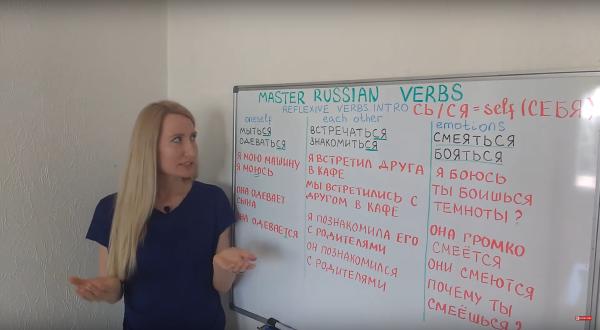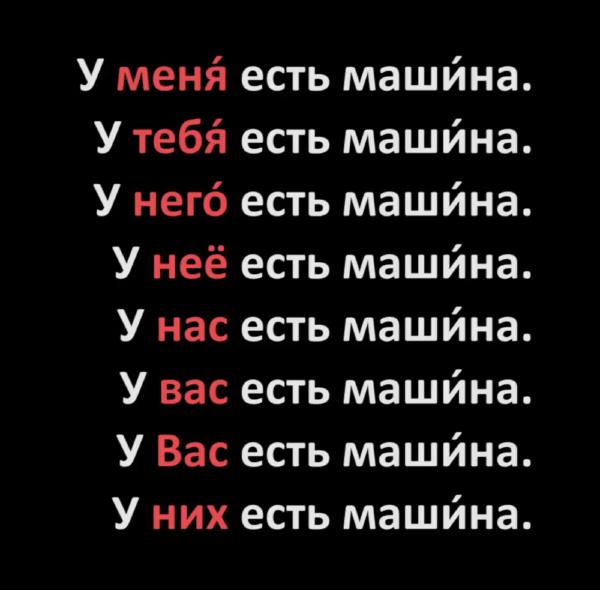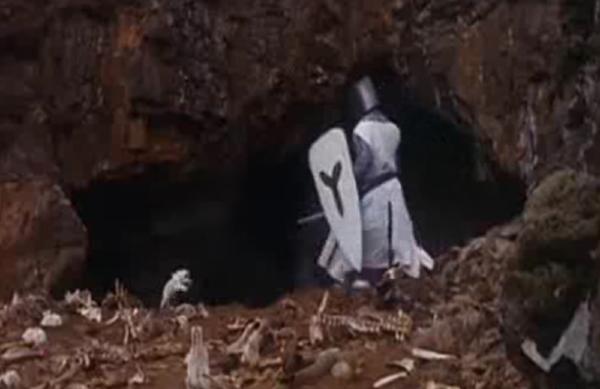Verbs that relate to oneself are called
reflexive verbs, in English “reflexive verbs,” and in Russian возвратные глаголы. Reflexive verbs often involve a “zich” (oneself) in Dutch; in Russian, this “self” is represented by the suffix -ся at the end of the verb. For example, мыть means to wash, and мыться means to wash oneself (or yourself).
To have, to have, to have
Language
Knowledge you want to have: the verb ‘to have’ technically doesn’t exist in Russian. Of course, there are ways to express possession, but it’s done a bit differently than in many other languages. Somewhat indirectly. Less possessive. Or: a bit more lyrical.
Six Cases
Language
Cases are often seen as the ‘Ghost’ of the Russian language. Like the
white rabbit in
Monty Python and the Holy Grail: ‘Look, that rabbit’s got a vicious streak a mile wide, it’s a killer!’ In this case, it’s a six-headed monster.




